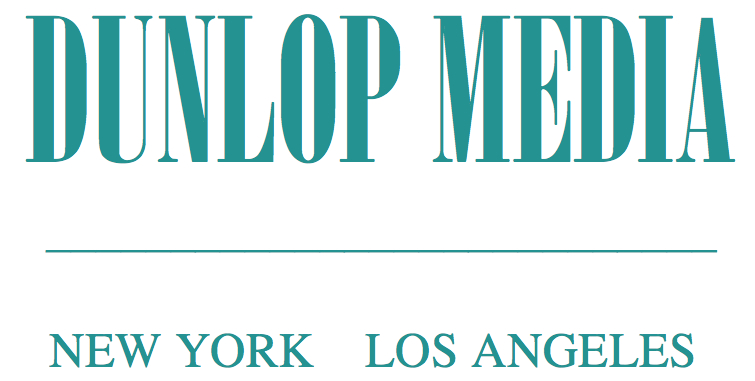When Pope Benedict XVI visited London in 2010, it "was supposed to be a disaster," writes Catholic journalist Mary Rezac. "Several people were calling for his arrest upon arrival. No one was expected to show up for his audiences, except maybe a few protestors."
But Catholic Voices, a new organization to help rank and file Catholics become more articulate in dealings with the news media, was starting to have an impact. Coverage of the UK visit was largely critical before the event, but became more positive during the visit and afterwards.
The training initiative has now spread to 12 countries, and is helping prepare American Catholics for Pope Francis's upcoming visit in September. Courtesy Catholic News Agency.




















